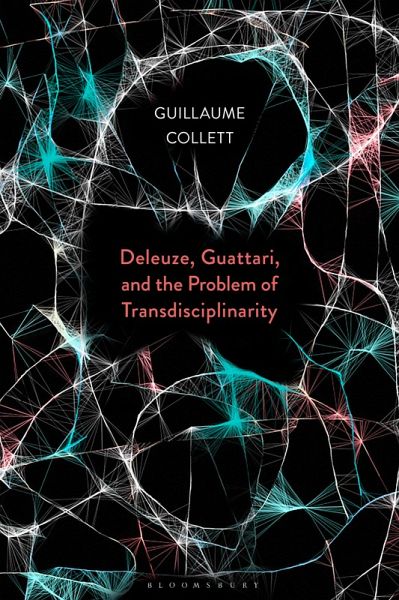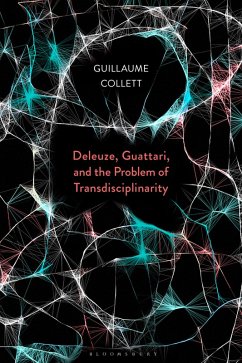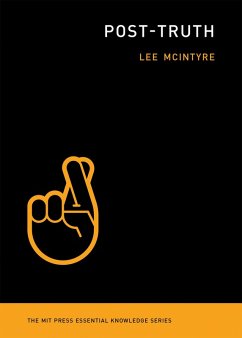
Deleuze, Guattari, and the Problem of Transdisciplinarity (eBook, ePUB)

PAYBACK Punkte
13 °P sammeln!
Deleuze and Guattari's work has today become ubiquitous in the humanities and social sciences, being regularly drawn on by a vast array of subjects. Throughout their careers, Deleuze and Guattari also engaged with a myriad of disciplines; yet they declared themselves that "Philosophy is not interdisciplinary". This apparent contradiction has rarely been explicitly confronted by scholars. Fortunately, however, Deleuze and Guattari left us a number of clues in their works signaling how to approach this apparent impasse. These clues amount to a complex and penetrating, if un-unified, theory of di...
Deleuze and Guattari's work has today become ubiquitous in the humanities and social sciences, being regularly drawn on by a vast array of subjects. Throughout their careers, Deleuze and Guattari also engaged with a myriad of disciplines; yet they declared themselves that "Philosophy is not interdisciplinary". This apparent contradiction has rarely been explicitly confronted by scholars. Fortunately, however, Deleuze and Guattari left us a number of clues in their works signaling how to approach this apparent impasse.
These clues amount to a complex and penetrating, if un-unified, theory of disciplinarity and cross-disciplinary articulation. Energized by recent developments in critical transdisciplinarity studies, this volume analyzes and evaluates instances of disciplinarity and transdisciplinarity within Deleuze and Guattari's shared and respective bodies of work.
The first volume in English specifically devoted to examining Deleuze and Guattari's work using this framework, this book both contributes to the field of critical transdisciplinarity studies and in doing so helps shed light on the heart of Deleuze and Guattari's intellectual project.
These clues amount to a complex and penetrating, if un-unified, theory of disciplinarity and cross-disciplinary articulation. Energized by recent developments in critical transdisciplinarity studies, this volume analyzes and evaluates instances of disciplinarity and transdisciplinarity within Deleuze and Guattari's shared and respective bodies of work.
The first volume in English specifically devoted to examining Deleuze and Guattari's work using this framework, this book both contributes to the field of critical transdisciplinarity studies and in doing so helps shed light on the heart of Deleuze and Guattari's intellectual project.













